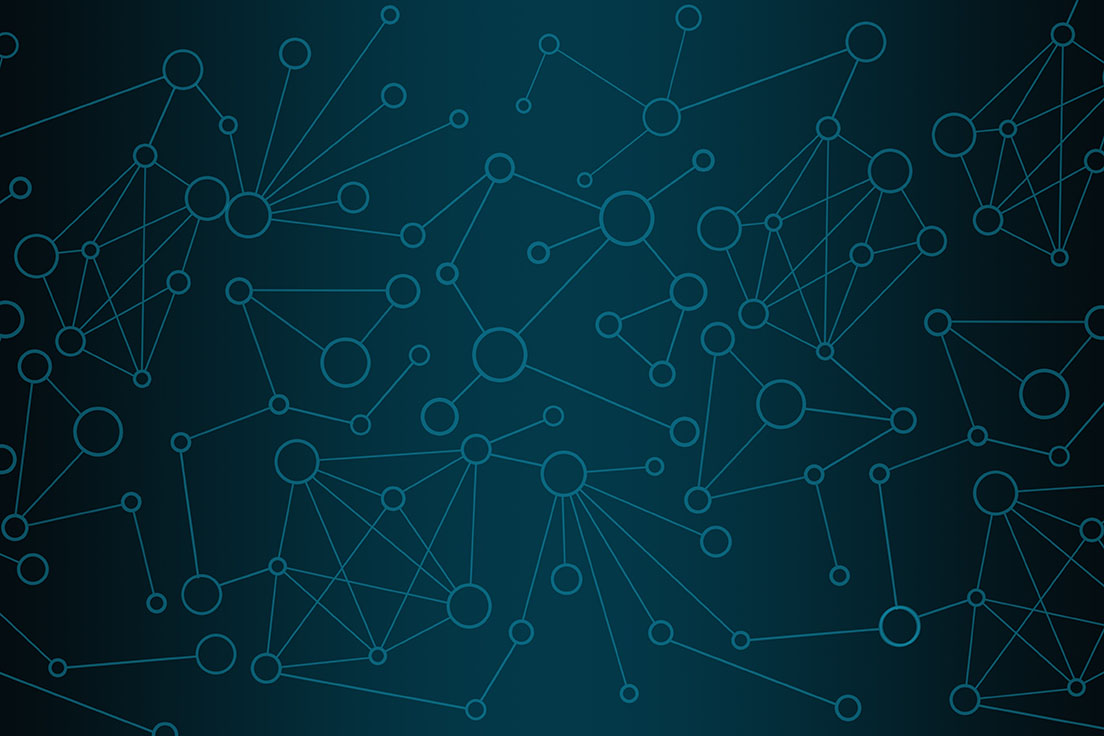Data Capture and Data Sharing During the COVID-19 Pandemic

On Louis Dron et al., “Data Capture and Sharing in the COVID-19 Pandemic: A Cause for Concern,” The Lancet 4 (10) (2022)
In the first 600 days of the COVID-19 pandemic, there were nearly 6,000 scientific publications regarding the disease utilizing real-world data. Despite the volume of evidence generated, there have been mixed signals with respect to data sharing, both from real-world data sources as well as from COVID-19 clinical trials. Many proposed research projects did not report any data. When nearly 3,000 clinical trials were registered from January 1, 2020, through April 2021, only 121 such trials had been published. Data-sharing intentions have been similarly limited: only 10% of over 130,000 registered clinical trials have agreed to share patient-level data.
Arguably, such collaboration for COVID-19 and in other spheres could enable indelible progress across multiple therapeutic areas and facilitate the accelerated findings of cures to a number of existing diseases. It was why Cytel became involved with the International COVID-19 Data Alliance (ICODA), which aims to ensure access to health data for scientists globally through collaborations between the tech and data industries, and public sector engagement. Unfortunately, a new study highlights some of the limits of such collaboration.
The Lancet publication, “Data Capture and Sharing in the COVID-19 Pandemic: A Cause for Concern,” co-authored by scientists at Cytel and ICODA and colleagues at the University of Toronto, McMaster University, the University of British Columbia, and Western University (London, Ontario), suggests that the initial promise of such collaboration quickly wanes without requisite incentives from government and other key decision-makers. In the absence of such incentives, opportunities for collaboration remain elusive and patients who should be enjoying promised cures bear difficult costs in the loss of healthy life years.
A key finding of the publication was the role played by real-world evidence in expediting scientific research about COVID-19. According to the U.S. Food & Drug Administration, real-world evidence refers to the transformation of medical data into scientific evidence for actionable use, when said data is collected via electronic health records (EHRs), claims and billings data, health registries, and mobile-health disease-monitoring data. Notably, the concept of real-world evidence is separate from real-world data, which is used to refer to primary data collected by physicians.
When evaluating the nearly 6,000 publications made possible by access to real-world evidence data about COVID-19, Cytel researchers and colleagues discovered that the majority of these publications (21%) were about the safety and efficacy of potential treatments, followed by publications pertaining to specific at-risk populations (16%). The study finds that “large volume EHRs were instrumental in the rapid-identification of at-risk populations,” which benefitted from the use of over 27,000 patient records and 185,000 laboratory sets provided by the datasets of the Consortium for Clinical Characterization of COVID-19 by EHR.
The study also reveals that data-sharing infrastructure remains a crucial investment for governments. ICODA, for example, was able to ensure that scientists in 42 countries could benefit from shared data, thereby enabling projects that supported marginalized populations, including those in low- and middle-income countries. The study authors argue that data sharing also helps combat global health inequities more generally, by enabling stakeholders to quickly identify populations that are not sufficiently enrolling in clinical research.
In spite of the gains to global data sharing, the analysis reveals shortcomings that need to be handled with more stakeholder cooperation. These include streamlining the structure of datasets to diminish the likelihood of downstream misinterpretation, ensuring high data quality among shared datasets, and maintaining reproducible results. Arguably, though, the biggest hurdle to efficient data sharing is that private sector stakeholders are not motivated to share data, leading to several missed opportunities to push forward the boundaries of human health.
As Dron and his colleagues, reflect, “[I]f the imperative of the COVID-19 pandemic was insufficient to progress data collecting and sharing efforts, are the issues identified intractable?”
Read to learn more about their study:
Further reading:
Developing Synthetic Control Arms Using Bayesian Models, Cytel
Addressing challenges with real-world synthetic control arms to demonstrate the comparative effectiveness of Pralsetinib in non-small cell lung cancer, Nature Communications
Minimizing control group allocation in randomized trials using dynamic borrowing of external control data - An application to second line therapy for non-small cell lung cancer, Contemporary Clinical Trials Communications
Synthetic and External Controls in Clinical Trials – A Primer for Researchers, Clinical Epidemiology


